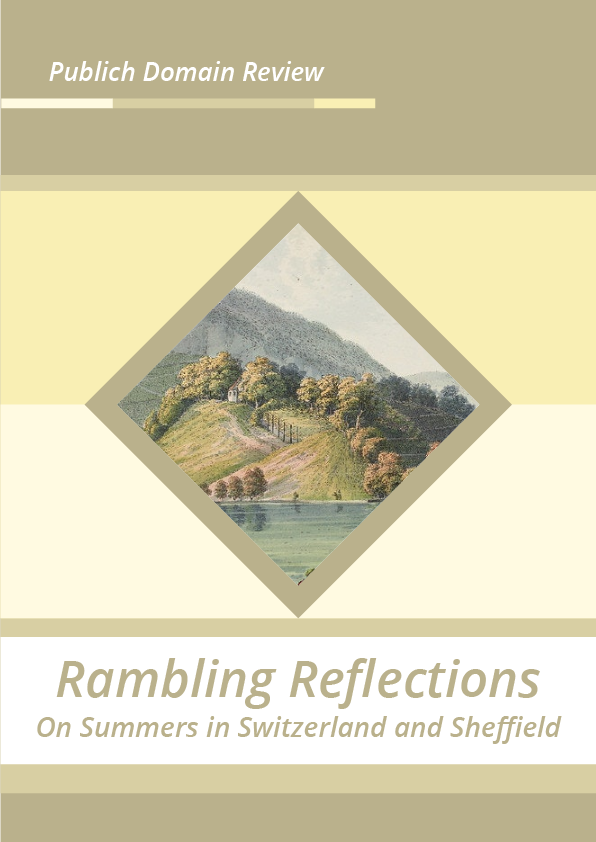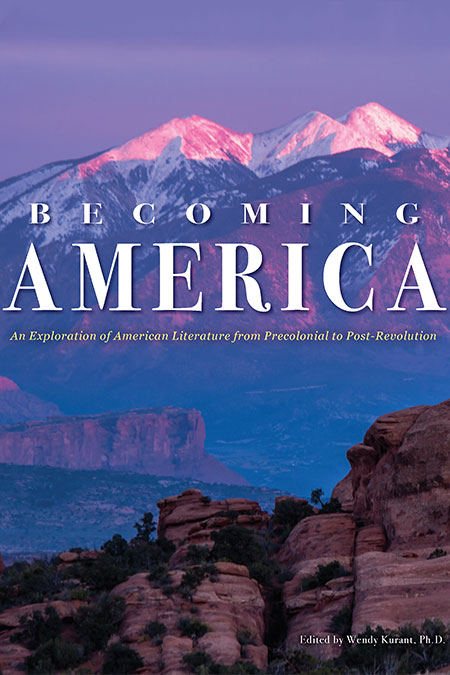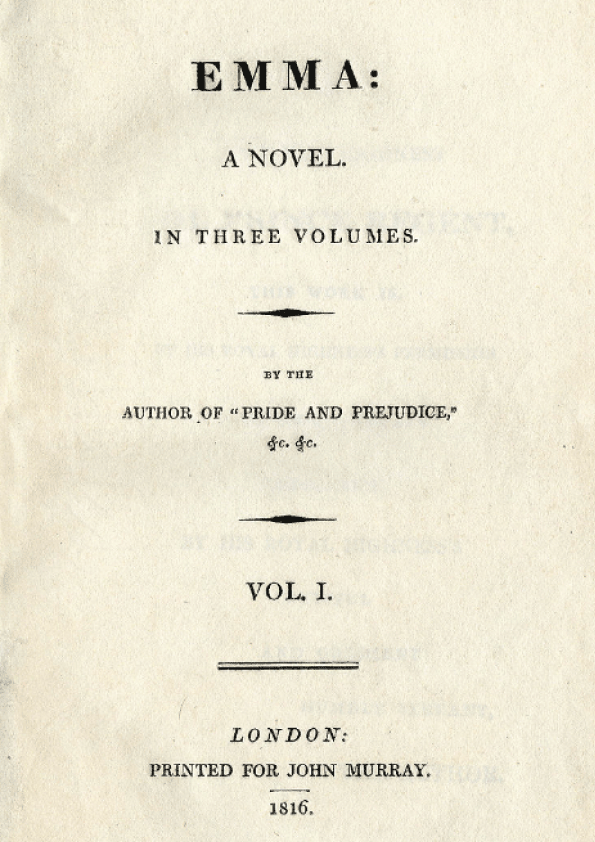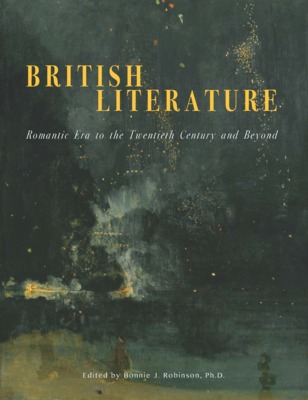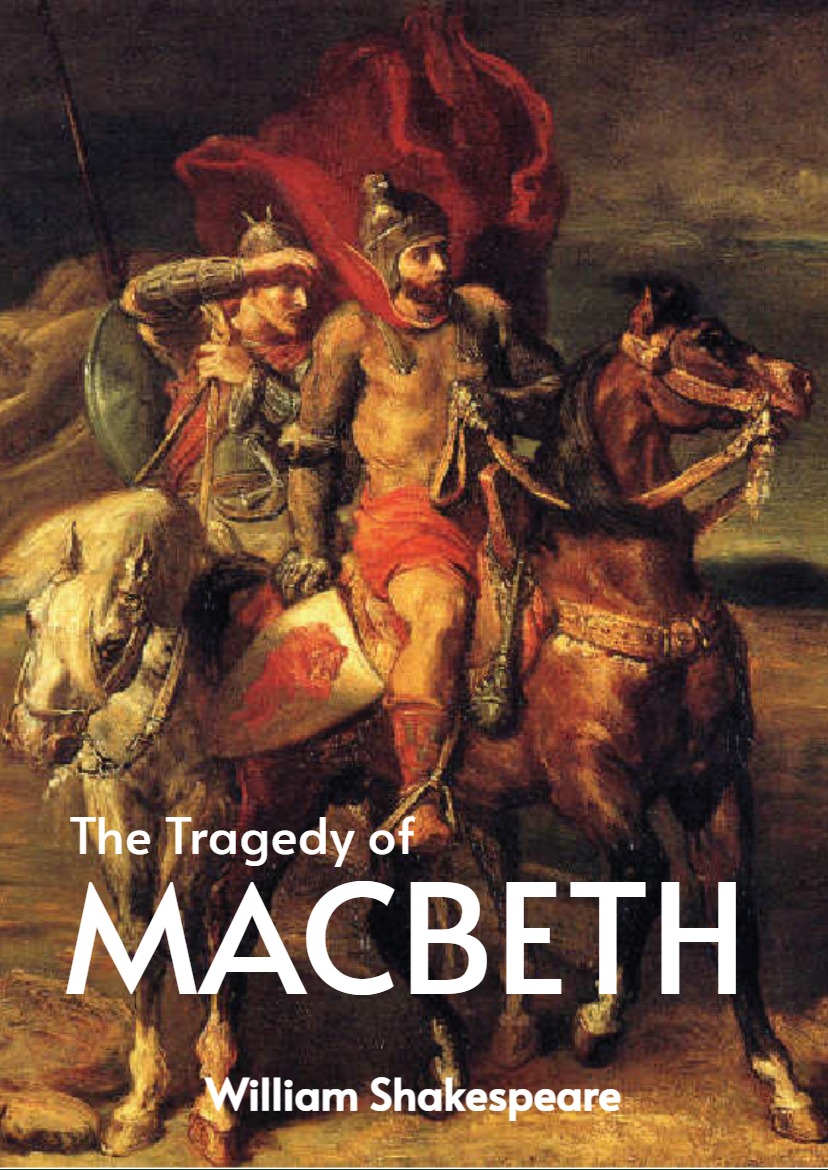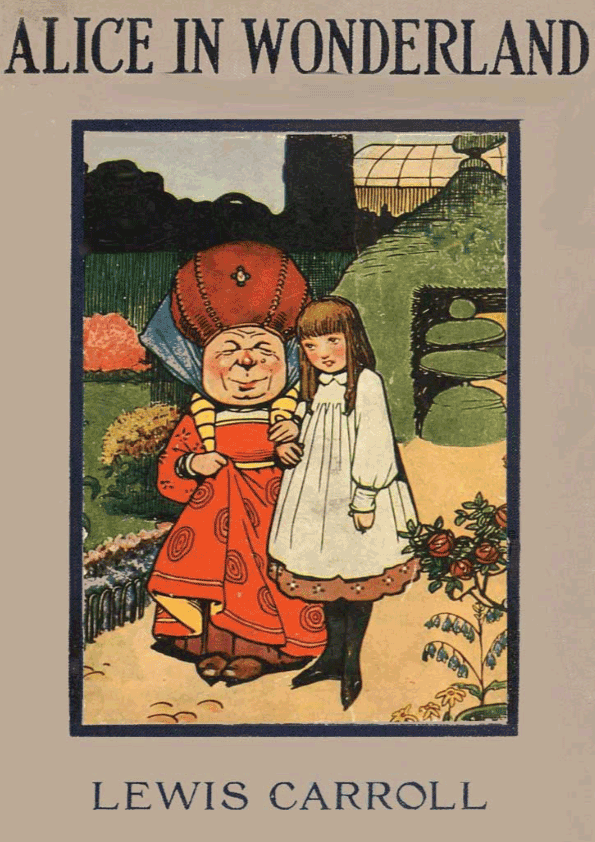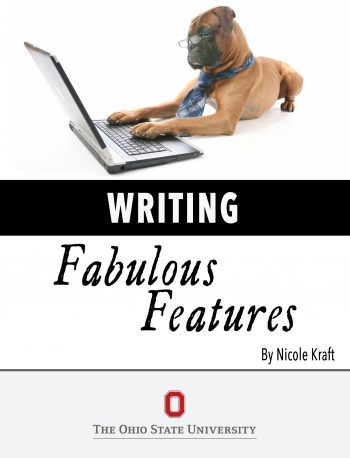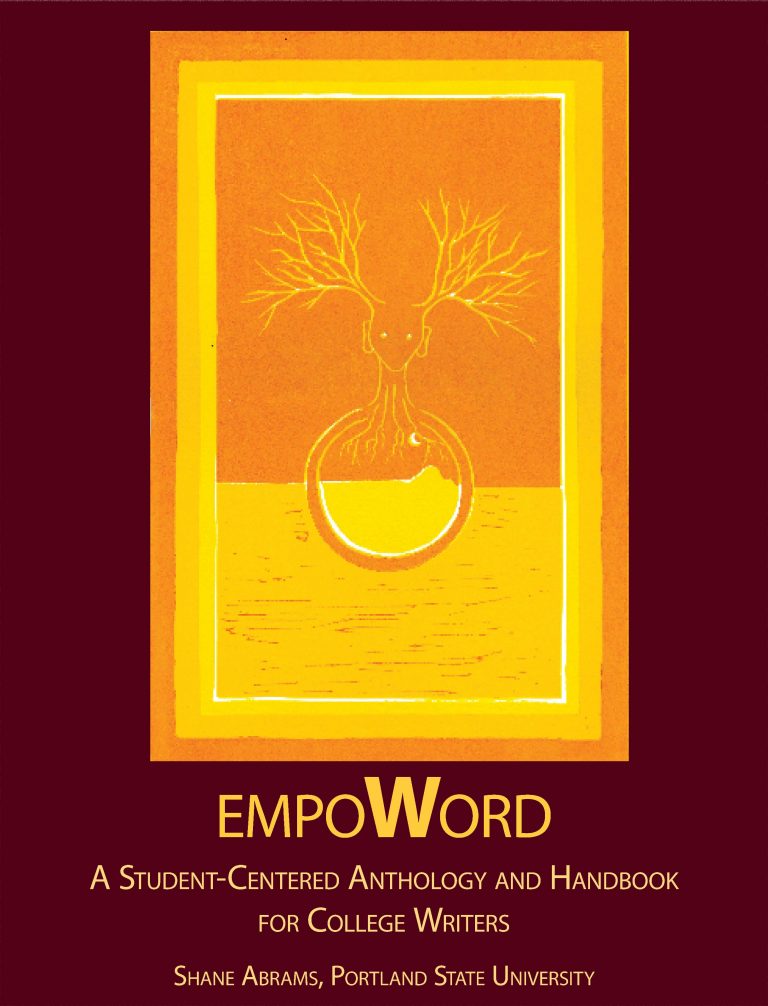In the footsteps of Jean-Jacques Rousseau and Karl Philipp Moritz — from the peace of Lake Biel to the rugged Peaks — Seán Williams considers the connection between walking and writing.
In late summer and early autumn of 1765, Rousseau was on the run. He was always fleeing some sort of persecution: at times very real, and legal; at others perhaps more perceived, and highly personal. A restless existence, certainly, yet Rousseau’s last and most retrospective work tells of a life not of flights, escapes, escapades — but of contemplative walks. Les rêveries du promeneur solitaire (The Reveries of the Solitary Walker) comprises nine-and-a-bit meandering recollections and reflections, written as walks, and found among the writer’s personal effects on his death in 1778. The central essay of the collection concerns his sanctuary for almost a month and a half during 1765 on St Peter’s Island in Lake Biel, in the canton of Bern, Switzerland. Walking was his primary activity here. He spent his time strolling by the edge of the water, stumbling on brooks, rambling across the island — unless he was messing about in boats. According to Rousseau’s earlier autobiographical Confessions — published, like the Reveries, by friends in 1782 — he had first come across his refuge while on a “pedestrian pilgrimage” the year before.1 St Peter’s Island became a place of happiness for him. And happiness, Rousseau concluded, was a state of contented stillness, the paradoxically permanent awareness of our momentary being.
When walking, Rousseau would stop and look at plants. He was annoyed whenever he was mistaken for an apothecary or barber-surgeon’s assistant, out searching for herbs to apply as cures for itches and swellings. For Rousseau, botany was about observation and reflection: leaving no leaf unturned to gain a sympathetic, intellectual, and artistic understanding of the world around us. “Pharmacology” should not spoil “pastoral” images. Throughout history, writers have always paced around, philosophising, and earlier in the eighteenth century, people perambulated through pleasure gardens as a pastime. But the Romantics broke out into the fields, peaks, and onto islands. And in Romanticism — from Rousseau through to the time of Schubert and his wonderful piano solo, the Wanderer Fantasy — wandering became a very writerly, intellectual, artistic activity. It went hand in hand with reflections on nature and its plant life, which were one and the same as conjectures on culture. Indeed, such was the shift of the word “culture” itself: originally a term for growth, as we might grow a culture in a petri dish today, culture came to denote a habit of mind, and from there the intellectual and artistic development of a society. Contemplative walking and botanical observation offered a route into culture.
Two hundred fifty years later, in 2015, I shared Rousseau’s sense of what it meant to walk by Lake Biel. I was not the first to trace his route, of course: many an aspiring writer has made the journey to the island, as W. G. Sebald — who himself walked, reflected, and wrote there — remarked in 1998. As a young lecturer at the University of Bern, an academic pilgrim of sorts, I would wander on a weekend with close colleagues along the shoreline — that is, until we had enough of high-brow hiking and set off for more epicurean pursuits instead. (A nearby wine-tasting festival in the hills was a good find.) But for me, Rousseau’s idea of happiness in Helvetia became both a welcome calm after stormy doctoral study at home, and a quintessential, exasperating Swiss cliché. It was an undeniably beautiful if oftentimes stultifying cultural landscape. In Bern I was comfortable, content, happy even. Yet a general societal self-satisfaction at the relative quiet and stability of contemporary Switzerland was also unnerving — and, like Rousseau’s depiction of his peace on the island, a skewed perspective. Walking is all well and good — I am a keen hiker — but it seemed to me to have taken over the Swiss way of seeing the world, their Weltanschauung. So I was on the move again, back to England. Ironically, I was to follow in Rousseau’s footsteps.
In January 1766, Rousseau settled — for a while — on the southern, Staffordshire, side of the Peak District. Two and a half centuries later, I came to Sheffield to take up a post at the university. Weekends were for wandering. As a scholar of the eighteenth century, and especially of German lands, I wondered who had trodden these South Yorkshire, Derbyshire, Staffordshire paths before me. Any Germans? Indeed. In the summer of 1782, the German writer Karl Philipp Moritz spent around one and a half months travelling through England — mostly on foot, which secured him notoriety and international literary fame. Moritz was often taken for a beggar or vagabond when on the road because he walked rather than bought a ride in a post-chaise. The scenes of sentimental travel literature had been framed by the carriage window, whereas Moritz tells of the men he met and the landscape he saw when walking. He remarks on reactions to him by locals; he notes quirky differences in dialectal pronunciation; and he describes for his German readers the portraits that hung on the walls of inns — of the royal family, in the main, but also the King of Prussia. He wandered up through the Peaks as far as Castleton, where, even back then, you could pay to see the caves. Reisen eines Deutschen in England im Jahr 1782 was promptly published the next year, in 1783, and was translated into English just twelve years later as Travels, chiefly on Foot, through several parts of England in 1782. Both versions were a hit.
